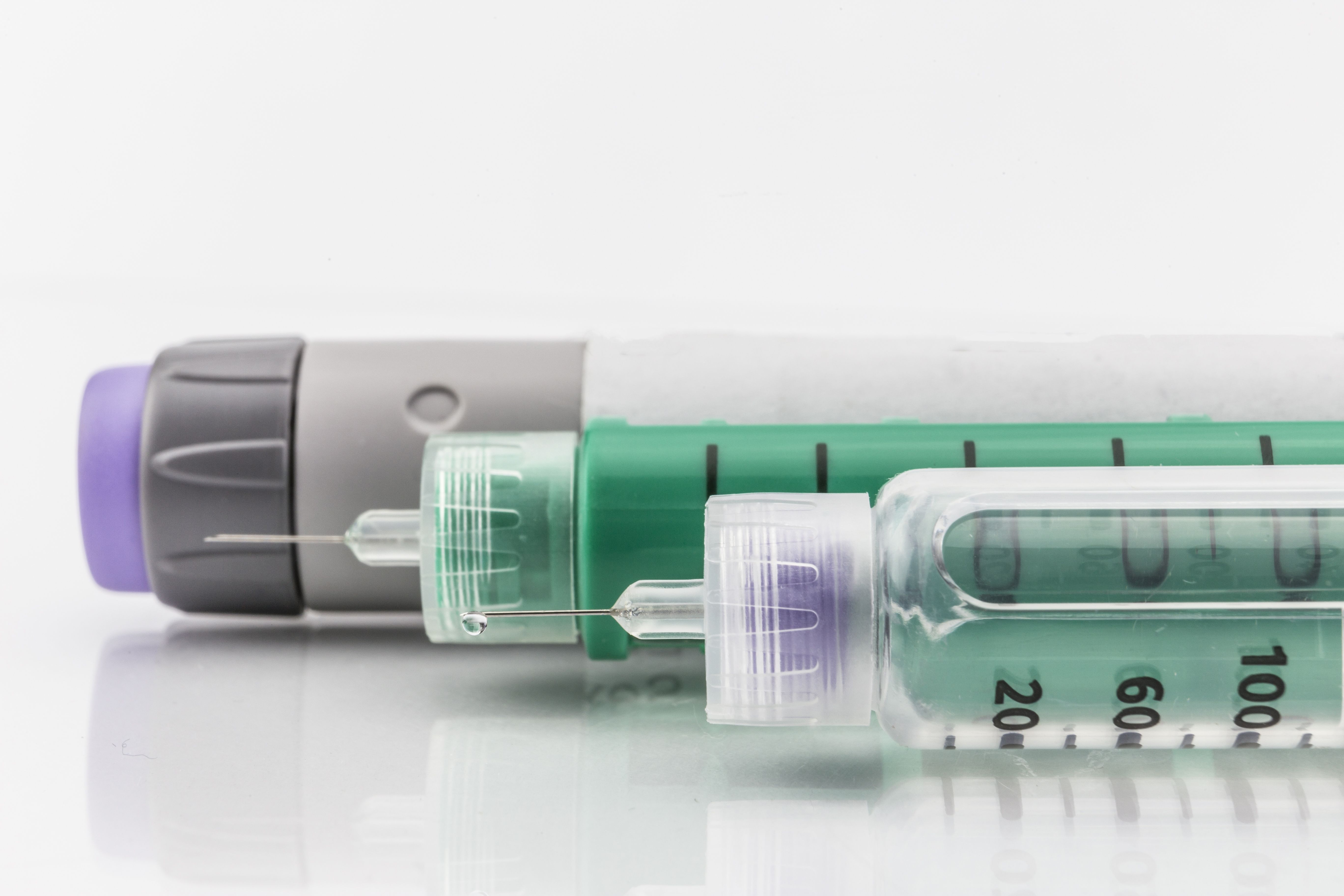- Bone Health
- Immunology
- Hematology
- Respiratory
- Dermatology
- Diabetes
- Gastroenterology
- Neurology
- Oncology
- Ophthalmology
- Rare Disease
- Rheumatology
BioRationality: FDA Publishes Results of First Meta-Analysis to Conclude All Biosimilars Are Interchangeable
Sarfaraz K. Niazi, PhD, offers hope for the end of interchangeability labels in the United States in his latest column.
Interchangeability labels allow for biosimilars to be given to patients in place of a reference product or another biosimilar without a pharmacist having to obtain physician permission first. Although the label is intended to make obtaining biosimilars more convenient for patients, the United States is the only country that has this designation.

A recent research paper by the FDA Center for Drug Evaluation and Research (CDER) and the Division of Biometrics concluded this:
“This first systematic review using statistical methods to address the risk of switching patients between reference biologics and biosimilars finds no difference in the safety profiles or immunogenicity rates in patients who were switched and those who remained on a reference biologic or a biosimilar.”1
This article by the FDA could not have been published at a more appropriate time, as the US Senate is about to consider amending the Biologics Price Competition and Innovation Act (BPCIA) to remove the requirement for switching studies as a means to obtain interchangeability.
Recently, the FDA has taken a significant step in muting the identification of interchangeable biosimilars by altering the labeling of all biosimilars to emphasize biosimilarity with the reference product above all else:
“However, after many years of experience, FDA is recommending that all labeling for biosimilars, including interchangeable biosimilars, include one statement - a ‘biosimilarity statement.’ There are several reasons we recommend that the labeling include a biosimilarity statement for all biosimilars regardless of whether the biosimilar is approved as interchangeable.”
The FDA has approved the seventh interchangeable biosimilar, Wezlana (ustekinumab), which was granted interchangeability based on successful data from a switching study. However, several biosimilars have been deemed interchangeable without switching data, including Semglee, Rezvoglar, Cimerli, and Byooviz. This is because the FDA does not require switching study data for insulin products (Semglee and Rezvoglar) or products administered intravitreally (Cimerli and Byooviz) due to the low risk of immunogenicity complications.
It has become evident, in my opinion, that switching and alternating studies are not only impractical but also redundant. While the interchangeable classification is included in the BPCIA, legislative action is needed to remove this classification, but the FDA has the authority to declare that all biosimilars are interchangeable and to allow exclusivity to the first biosimilar approved. This will bring great motivation for bringing in more molecules, up from the current list of 12, while more than 200 await entry. This will also bring the FDA in line with other regulatory agencies, such as the United Kingdom’s Medicines and Healthcare products Regulatory Agency:
“Once authorised, a biosimilar product is considered to be interchangeable with their [reference product], which means a prescriber can choose the biosimilar medicine over the [reference product] (or vice versa) and expect to achieve the same therapeutic effect. Likewise, a biosimilar product is considered to be interchangeable with another biosimilar to the same [reference product].”
The interchangeability has become a heated issue as all states have formulated their own policies on how the interchangeable products will be substituted, with some states (n = 4)—as well as Puerto Rico—restricting it.2
References
1. Herndon TM, Ausin C, Brahme NN, Schrieber SJ, Luo M, Andrada FC, et al. Safety outcomes when switching between biosimilars and reference biologics: A systematic review and meta-analysis. PLoS ONE. 2023;18(10):e0292231. doi:10.1371/journal. pone.0292231
2. Niazi SK. No two classes of biosimilars: Urgent advice to the US Congress and the FDA. J Clin Pharm Ther. 2022;47(9):1352-1361. doi:10.1111/jcpt.13743. Epub 2022 Jul 22. PMID: 35869625; PMCID: PMC9796791
Newsletter
Where clinical, regulatory, and economic perspectives converge—sign up for Center for Biosimilars® emails to get expert insights on emerging treatment paradigms, biosimilar policy, and real-world outcomes that shape patient care.
